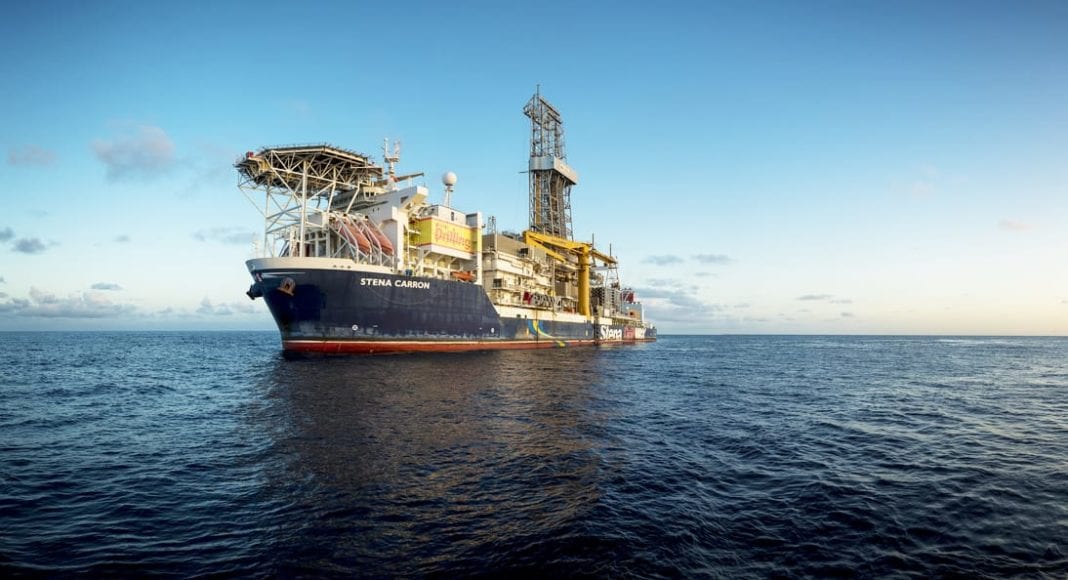The successful foray by ExxonMobil into the Ranger-1 reservoir offshore Guyana saw the deepest drilling exercise to date some 60 miles north-west of the prolific Liza field.
The Ranger-1 well was drilled in a new area, encountering approximately 230 feet (70 meters) of high-quality, oil-bearing carbonate reservoir. The discovery was made back in 2018 making it ExxonMobil’s 6th oil strike at the prolific Stabroek Block at the time.
ExxonMobil has said the Ranger discovery is particularly exciting because it is located in an area with different geology when compared to the other fields where the company has hit pay.
The well was safely drilled to 21,161 feet (6,450 meters) depth in 8,973 feet (2,735 meters) of water; a total of 30,134 feet (9,185 meters).
Ranger is located in a carbonate play which is more porous when compared to the other discoveries made in sandstone reservoirs.
Carbonates are sedimentary rocks deposited in marine environments and are mostly of biological origin. They are made up by fragments of marine organisms, skeletons, coral, algae, and precipitation, and consist mostly of calcium carbonate, which is chemically active compared to the sand which makes sandstones.
According to Texas-based oil services company Schlumberger Limited, the evaluation of hydrocarbon in place at a carbonate play relies heavily on the accurate determination of fluids saturation and of total porosity. These characteristics exhibit great variability. Accurate porosity measurements in carbonates require complete mineralogical characterization.
Over 8 billion barrels of oil equivalent resources have been discovered so far at the Stabroek Block spanning a record 16 discoveries since May 2015.



